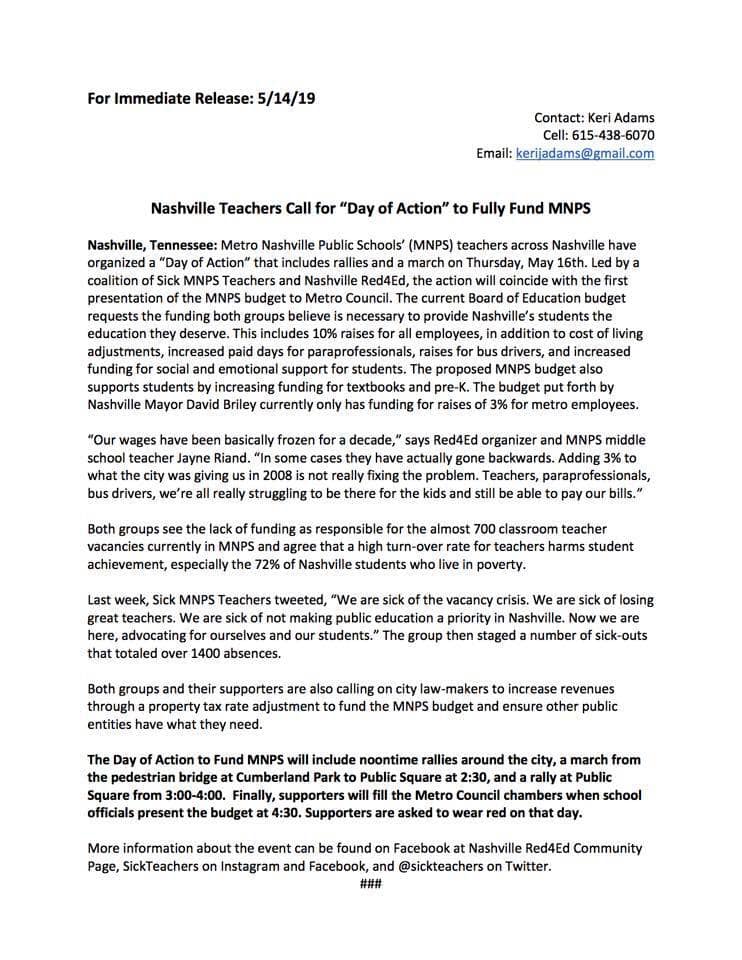Much has been made about this year’s TNReady administration, which appeared to happen without any problems. In fact, Chalkbeat reports:
While education vouchers consumed the headlines this spring, Tennessee students in grades 3-11 were quietly taking their annual TNReady tests. The month-long testing window ended last week with about 2 million tests completed, a third of which were submitted online. While Tennessee had scaled back computer-based testing after last year’s technical problems, this year’s successful online administration for high schoolers still marked an important milestone in the TNReady era.
To be clear, Tennessee students (and teachers and parents) have become accustomed to a failed test administration and/or delayed results.
So, for the first time in 5 years, the TNReady test “worked.” It worked because it was mostly administered using old technology. Pencil, paper, a bubble sheet. Miraculously, the vendor was even able to return “quick scores” to districts in a timely fashion.
Not solved: The immense amount of time students spend in test prep and the lost instructional time during the “testing window.” Also not solved: Tennessee remains one of the few states still unable to successfully administer an online test and return the results in a timely fashion. In fact, we may be unique among states in the level of difficulty we’ve experienced:
“I’m not aware of a state that has had a more troubled transition” to online testing, said Douglas A. Levin of the consulting group EdTech Strategies.
The reality is that Tennessee’s online-testing mess has left everyone in a difficult position, said Chad Aldeman, a principal at Bellwether Education Partners, a consulting organization.
“The state has not [made] stability a key priority in their testing vendors,” Aldeman said.
So, Tennessee has the distinction of being the only state in America NOT able to effectively transition to an online testing platform that works. What separates Tennessee from these other states? Competent leadership in the Department of Education. That is, Tennessee’s DOE is unique in the level of incompetence consistently demonstrated.
For those interested in how this impacts TVAAS, it is highly problematic in terms of reliability. We’ve had failed TNReady, pencil and paper TNReady, hacker and dump truck TNReady, and another round of pencil and paper. It is IMPOSSIBLE to have consistent, reliable growth data based on these results. Still, teachers are evaluated on these results. Schools are held accountable for these results. Principals are told these results are key to their jobs.
Next year, TNReady will be administered by a new vendor on pencil and paper.
So, in 2020, Tennessee students will be using Stone Age technology to complete a tests kids in almost every other state are taking online. Nice to know Fred Flintsone runs our DOE.

For more on education politics and policy in Tennessee, follow @TNEdReport
Your support — $3, $5, or $7 (or more) makes reporting education news possible.






